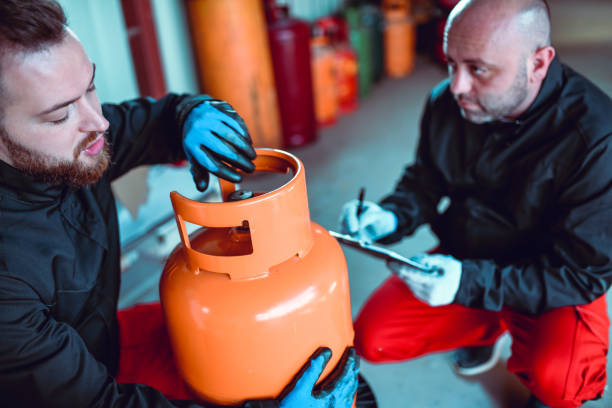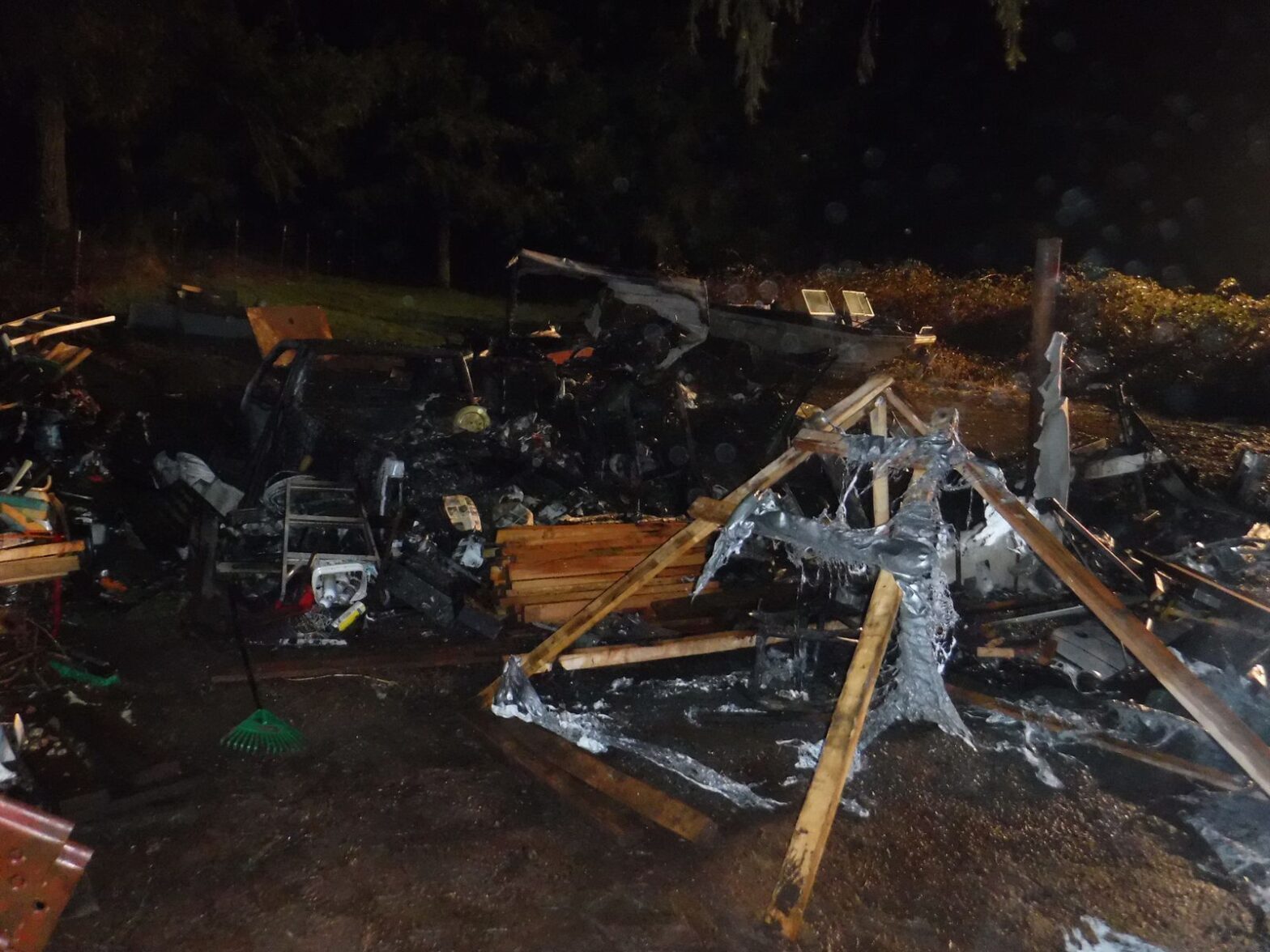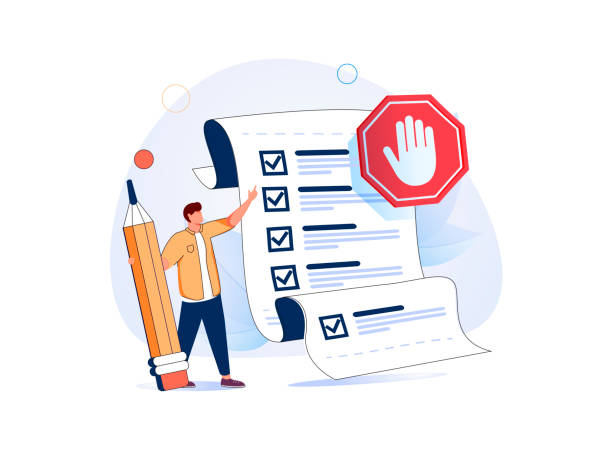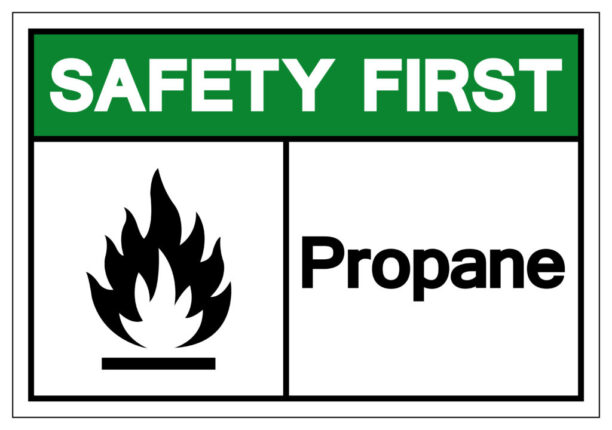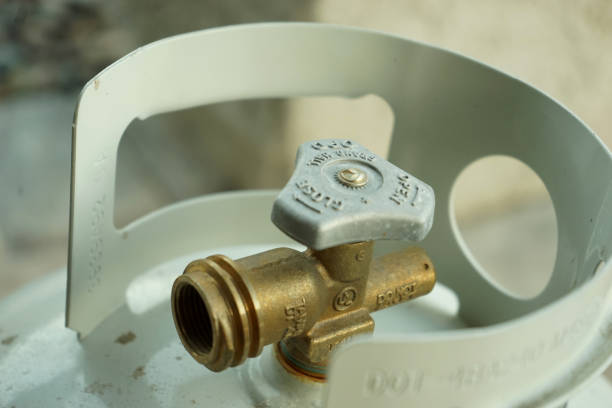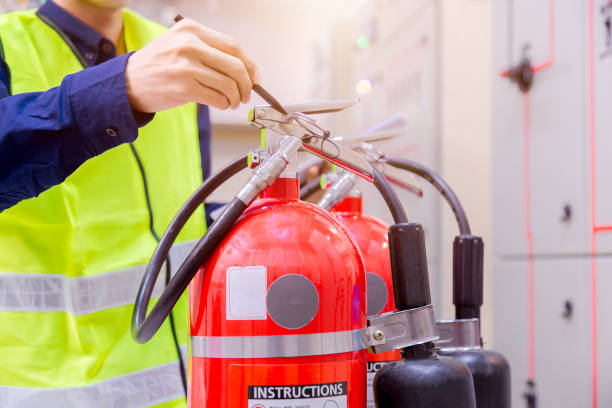“Stop the Line” Culture Strengthens Safety
Safety is at the heart of every propane operation, whether you run one delivery truck or manage several large routes. Although propane is dependable and widely used, it must be handled with care every single day. Because of this, more propane businesses are turning to a “Stop the Line” safety culture, a system that encourages… Continue reading “Stop the Line” Culture Strengthens Safety

